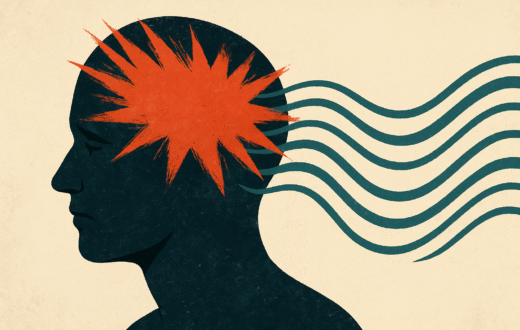- 3.2 Key psychological concepts relevant to mental health services in educational and professional organizations, Articles
Understanding Emotional Eating: Why Do We Turn to Food When We’re Stressed or Upset?

At times of stress, sadness, or boredom, many people turn to food for comfort. This behavior is known as emotional eating. While it’s not officially classified as an eating disorder, it can still have a real impact on your physical and mental well-being.
Emotional eating happens when you eat not because you’re physically hungry, but because you’re trying to soothe an uncomfortable feeling. It might be anxiety, frustration, loneliness, or just the need for relief after a tough day. In those moments, food—especially something sweet or rich—can feel like the quickest way to feel a little better.
There’s a difference between emotional hunger and physical hunger, but it’s not always easy to recognize. Emotional hunger tends to come on suddenly. You might find yourself craving a specific type of food, eating quickly, or continuing to eat even after you’re full.
Physical hunger, on the other hand, builds gradually and is usually satisfied once you’ve eaten enough. With emotional eating, feelings of guilt or regret often follow, especially when the eating doesn’t actually fix the problem you were trying to escape from.
Certain life pressures can increase emotional eating—conflicts in relationships, job stress, or simply being overwhelmed. For some people, emotional eating becomes a habit, something they do without even realizing it. Studies have also shown that women and younger adults may be more likely to experience it.
But emotional eating isn’t something you’re stuck with. It is possible to break the cycle. The first step is awareness—try to notice what triggers the urge to eat. Is it stress? Boredom? A specific situation? Once you’re aware of the pattern, you can begin to replace it with healthier coping strategies.
Activities like exercise, journaling, or even just taking a few deep breaths can help manage the emotions that drive the behavior. Practicing mindful eating—slowing down, focusing on the food, and paying attention to when you’re full—can also make a big difference. And if the habit feels too hard to break on your own, there’s no shame in seeking support from a therapist or a nutritionist.
Emotional eating is a common way to deal with emotional discomfort, but it doesn’t have to control your relationship with food. With the right tools and support, it’s possible to manage it in a healthier, more balanced way.





